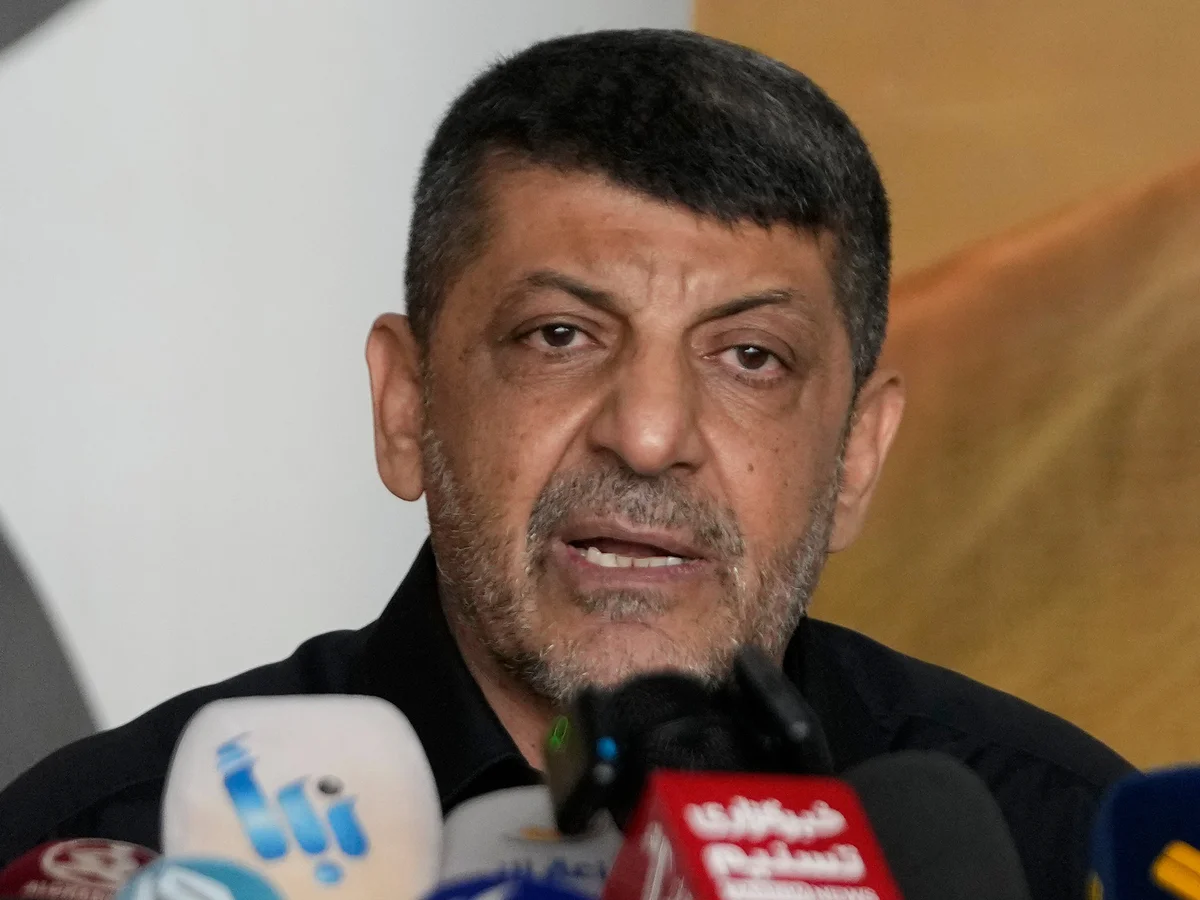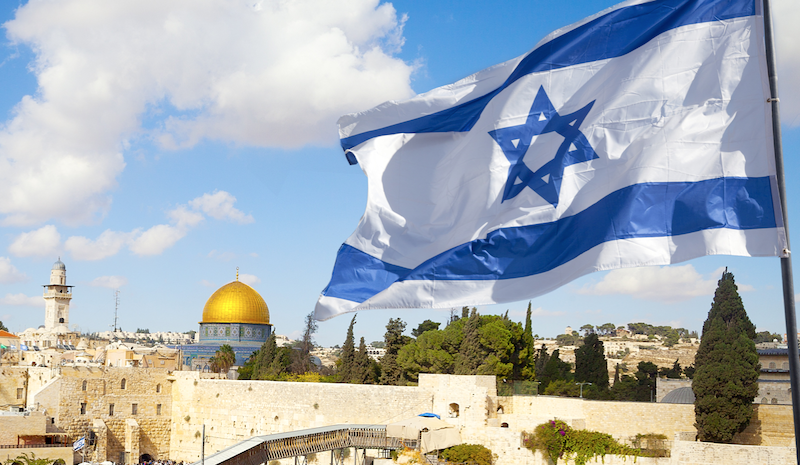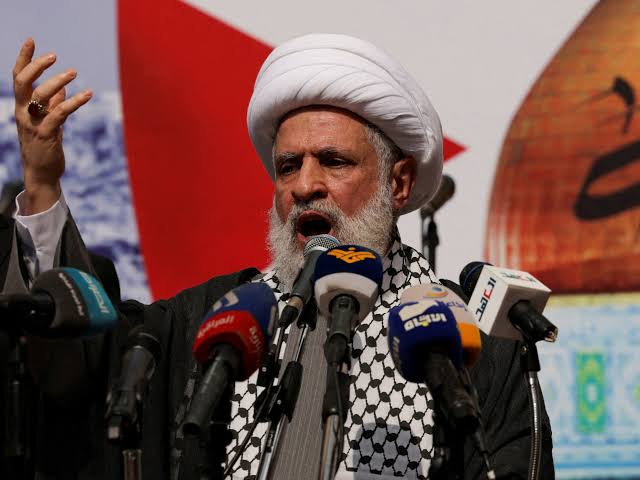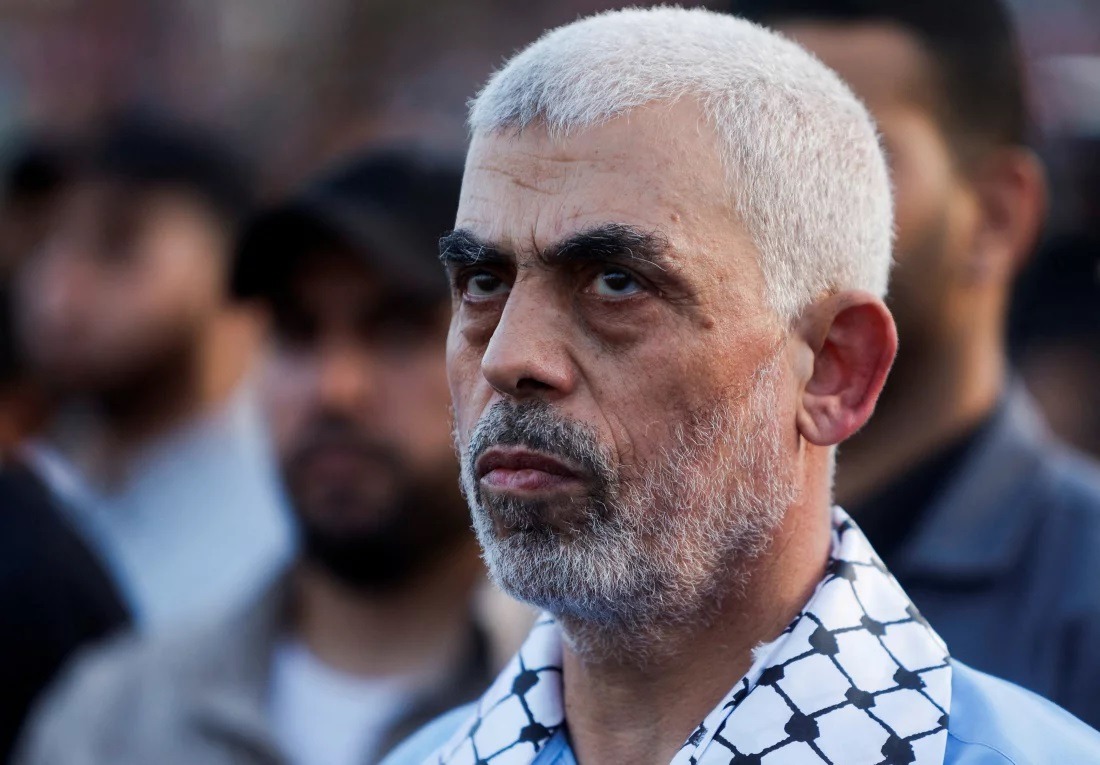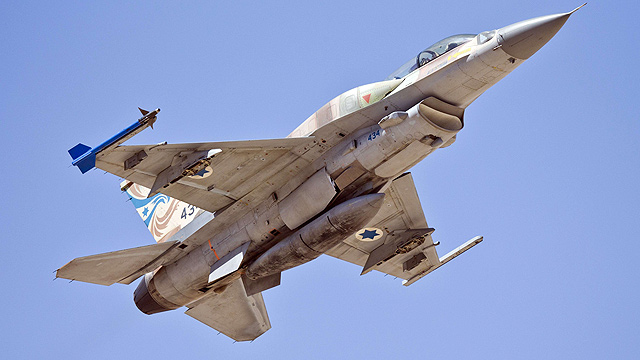Lebanon’s Hezbollah militant group said on Friday it was moving to a new and escalating phase in its war against Israel.
In the same position Iran said “the spirit of resistance will be strengthened” after the killing of Hamas leader Yahya Sinwar.
Sinwar, a mastermind of the Oct. 7, 2023 attack that triggered the Gaza war, was killed during an operation by Israeli soldiers in the Palestinian enclave on Wednesday, a pivotal event in the year-long conflict.
Western leaders said his death offered an opportunity for the conflict to end, but Israeli Prime Minister Benjamin Netanyahu said the war would go on until the hostages seized by Hamas militants were returned.
“Today, we have settled the score. Today evil has been dealt a blow but our task has still not been completed,” Netanyahu said in a recorded video statement after Sinwar’s death was confirmed on Thursday.
“To the dear hostage families, I say: This is an important moment in the war.
“We will continue full force until all your loved ones, our loved ones, are home, .”
Sinwar, who was named as Hamas’ overall leader following the assassination of political chief Ismail Haniyeh in Tehran in July, was believed to have been hiding in the warren of tunnels Hamas has built under Gaza over the past two decades.
He was killed during a gun battle in southern Gaza on Wednesday by Israeli troops who were initially unaware that they had caught their country’s number one enemy, Israeli officials said.
The military released drone video of what it said was Sinwar, sitting on an armchair and covered in dust inside a destroyed building.
Hamas has not made any comment itself, but sources within the group have said the indications they have seen suggest Sinwar was indeed killed by Israeli troops.
In the face of Western hopes of a ceasefire, Sinwar’s death could dial up hostilities in the Middle East where the prospect of an even wider conflict has grown.
Israel launched a ground campaign in Lebanon this month and is now planning a response to an Oct. 1 missile attack carried out by Iran, ally of Hamas and Lebanon’s Hezbollah.
But the demise of the man who planned the attack last year in which fighters killed 1,200 people in Israel and captured more than 250 hostages, according to Israeli tallies, could also help push forward stalled efforts to end the war in which Israel has killed more than 42,000 Palestinians, according to Gaza health authorities.
U.S. President Joe Biden, who spoke to Netanyahu by phone to congratulate him, said Sinwar’s death provided a chance for the conflict in Gaza to finally end and for Israeli hostages to be brought home.
The U.S. wants to kick-start talks on a proposal to achieve a ceasefire and secure the release of hostages, U.S. State Department spokesperson Matthew Miller said, calling Sinwar the “chief obstacle” to ending the war.
“That obstacle has obviously been removed. Can’t predict that that means whoever replaces (Sinwar) will agree to a ceasefire, but it does remove what has been in recent months the chief obstacle to getting one,” he said.
In recent weeks, Sinwar had refused to negotiate at all, Miller said.
Iran indicated no sign the killing would shift its support.
“The spirit of resistance will be strengthened” following the death of Sinwar, its mission to the United Nations said.
Hezbollah was also defiant, announcing “the transition to a new and escalating phase in the confrontation with Israel”.
The Israeli military said on Friday it had also killed Muhammad Hassin Ramal, Hezbollah’s commander of the Tayibe area in southern Lebanon.
Families of Israeli hostages said that while the killing of Sinwar was a significant achievement, it would not be complete while hostages are still in Gaza.
